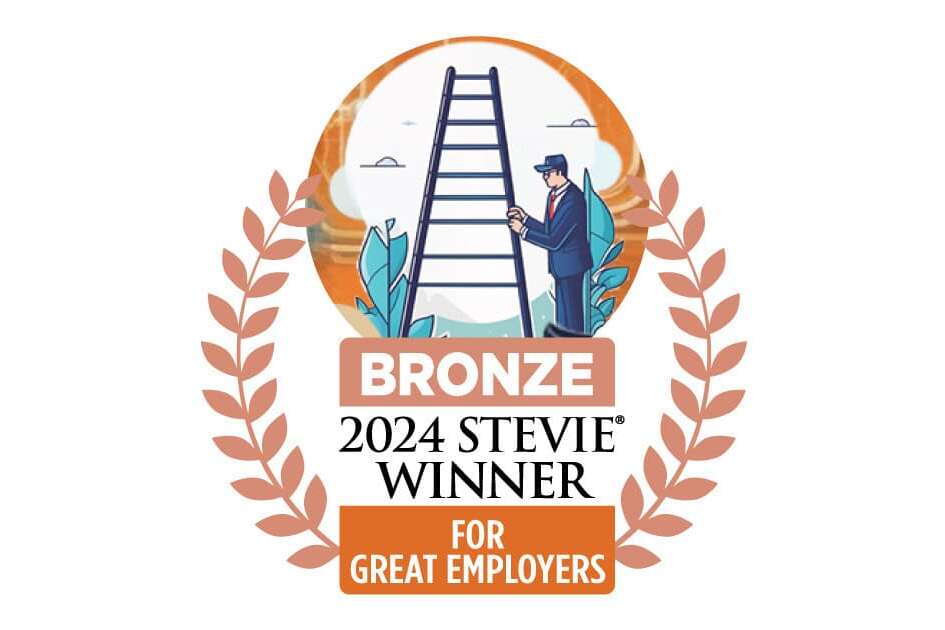As part of our exclusive Channel Visions video series, I recently had the opportunity to sit down with well-recognized channel thought leader and senior channel executive Sal Patalano.
Sal has worked on both the partner and supplier-side of industry-leading channel programs in the IT industry for more than 30 years, most recently with IBM and CA Technologies. He’s played multiple roles, primarily in channel transformation, channel sales and channel marketing. Currently, he is the Chief Revenue Officer at Stoneware, a Lenovo Company. Sal shared his perspective and insight on a variety of core channel challenges, issues and best practices.
Here are a few highlights:
Q. What do you love most about working with channel partners?
A: Channel Partners are where the rubber meets the road. So, the great thing about working with them is that it’s very straightforward. They’re driving toward a sale – hopefully, an eminent sale that has a great degree of urgency and immediacy around it. For them, it’s all about delivering value to the customer – so that the customer pays them money, and in turn, they can then support and grow their business. That model is very easy to understand and that’s what I love about it. It’s very black or white. You either succeed in your endeavor or you don’t.
Q: What challenges do vendors face today?
A: The biggest challenge Vendors face today, when it comes to working with their Partners, is developing a Partner experience that is positive, fluid and conducive to the Partner making money. Partners have a choice. Vendors need to create a program and experience that makes Partners say, “Working with this Vendor is not only profitable, but it’s relatively easy, it supports my business model, and it’s not going to draw down on my resources or take a lot of time.”
Q: How would you describe the relationship between vendors and partners?
A: The relationship between Vendors and Partner is a love/hate relationship – It always has been. It’s tenuous at best. Regardless, it’s something we’re getting better at. Why? Vendors are getting better because they have no choice. We have to be serious as Vendors about the Channel. If we’re not, someone else is going to eat our lunch – our competitors will grab market share and take our business from us.
Q: What are three things that can help the vendor and partner relationship?
A: The big three would be:
- Systems and Tools: All of the different systems and tools that a Partner will touch and use to act as key interface points to interact with the Vendor, including things like Partner Portals, learning management systems, CRM, etc. These are critical.
- Training and Education: Having a solid training and education program is essential. There should also be no difference between the training you offer to your direct sales team and the training offered to your channel. With minor tweaks and differences, they should be one in the same.
- Sales Interlock Policies and Procedures: These should serve as a framework that governs all elements of the Partner experience. Though critically important, most Vendors don’t spend enough time developing their policies and procedures. As your rules of engagement covering all interactions and operations with Channel Partners, they should be written down, approved by the highest levels of your organization and formally presented to all Partners.
Q: What do you love most about working with the channel?
A: I love the freedom that comes with working in the Channel, whether on the corporate side of things, a Vendor, a Channel Partner, a System Integrator or ISV. There is a great deal of flexibility and creativity involved and things are always changing. I like to say that change is the only constant in business and I think that is most evident when you look at how the channel operates. Nothing moves in a straight line. Everything is fluid and, in many cases, very random. And that is the biggest challenge in this business.
Q: How has the channel changed?
A: The biggest change in the channel is that we went from channel sales being a “nice to have” to “we can’t live without it.” The channel perspective shifted from: “Hey let’s give it a shot – Let’s see what the channel can do for us…but our direct sales guys are where we need to focus,” to, “Holy cow! If we can’t build a strong channel model and program now, we’re in trouble!”
We’ve also seen a shift from perpetual pricing to subscription-based pricing, where the customer is not paying a large up-front fee. Customers can dial up and dial down the amount (and cost) of any solution or service that they want. This is a true consumption model and it will be critical to the channel. I would not be surprised over the next two to three years to see a full third of today’s channel partners no longer operating or continuing to conduct business, basically because of this pricing shift, which is going to put a lot of folks out of business. I hope I’m wrong. I hope businesses can adapt and that Vendors and Partners will take the appropriate steps to accommodate this dramatic shift.
Q: How important is marketing automation for the channel?
A: Like all of us today, Channel Partners are slammed. Constant pressure, constant phone calls, 250 emails a day, the traveling. We all know it, we all live it. Smaller partners, with less than 100 employees, (who, by the way, make up about 70% of any healthy channel ecosystem), rarely have sophisticated or well-staffed marketing organizations. As a Vendor, you need to be able to compensate for that. The way to do that is by offering programmatic marketing tools, services and support to Partners. That may include Concierge Services to Partners, which gives Partners the opportunity to pick from a variety of Programs, and then have tools and experts to walk them through the steps of a particular campaign. Having access to Channel Marketing Automation technology and Concierge Services has become very important to Partners when they’re evaluating their Vendors.
To learn more, watch the full videos of our interview with Sal Patalano in our Zift Solutions Channel Visions Video Series.
David Buffaloe
As Senior Vice President of Marketing, David is responsible for all aspects of marketing including strategy, tactics and programs needed to create interest, demand and recognition for Zift Solutions.




